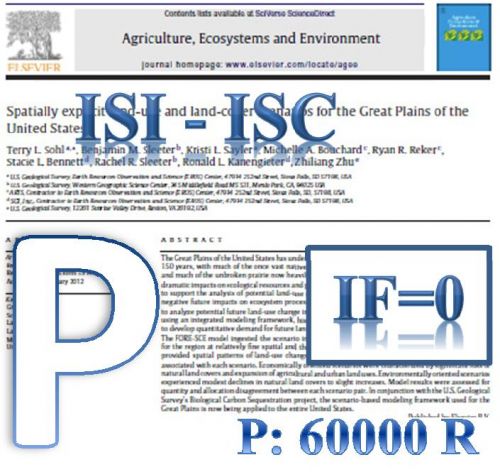Quality of life among persons with HIV/AIDS in Iran: Internal reliability and validity of an international instrument and associated factors
نویسندگان : Pedram Razavi Kaveh Hajifathalian Behtash Saeidi Gholamreza Esmaeeli Djavid Mehrnaz Rasoulinejad Mahboube Hajiabdolbaghi Koosha Paydary Parastoo Kheirandish Mahsa Foroughi SeyedAhmad SeyedAlinaghi Minoo Mohraz WilliMcFarland
The purpose of this cross-sectional study on 191 HIV/AIDS patient was to prepare the first Persian translation of complete WHOQOL-HIV instrument, evaluate its reliability and validity, and apply it to determine quality of life and its associated factors in Tehran, Iran. Student’s t-test was used to compare quality of life between groups.Mean Cronbach’s α of facets in all six domains of instrument were more than 0.6 indicating good reliability. Item/total corrected correlations coefficients had a lower limit of more than 0.5 in all facets except for association between energy and fatigue facet and physical domain. Compared to younger participants, patients older than 35 years had significantly lower scores in overall quality of life (P = 0.003), social relationships (P = 0.021), and spirituality/religion/personal beliefs (P = 0.024). Unemployed patients had significantly lower scores in overall quality of life (P = 0.01), level of independence (P = 0.004), and environment (P = 0.001) compared to employed participants. This study demonstrated that the standard, complete WHOQOL-HIV 120 instrument translated into Farsi and evaluated among Iranian participants provides a reliable and valid basis for future research on quality of life for HIV and other patients in Iran.
کلید واژگان :Quality of Life, HIV, Reliability, Validity
ارزش ریالی : 600000 ریال
با پرداخت الکترونیک
